Gibraltar, fishing and migrant rights: Spain’s post-Brexit red lines
PM Pedro Sánchez is meeting on Thursday with the European Union’s chief negotiator, Michel Barnier, to discuss the future relationship between the UK and the bloc
Spain has set down its red lines for the ambitious negotiation over the relationship between the European Union and the United Kingdom after Britain leaves the 28-country bloc on Friday, a process commonly known as Brexit. The EU’s chief negotiator for the process, Michel Barnier, will visit Spanish Prime Minister Pedro Sánchez on Thursday to discuss Spain’s priorities going into this new stage. Protecting the rights of migrants, creating a close security and defense network with London, and guaranteeing Spanish fishing boats access to British waters are among Spain’s main demands, government sources told EL PAÍS.
Barnier is traveling to Madrid on the eve of Brexit to discuss first hand what Spain’s position is on the next complex stage in the negotiations: the future trade deal between the UK and EU. The meeting was previously postponed because it coincided with the formation of Spain’s new Socialist Party (PSOE) and Unidas Podemos coalition government. According to two government sources, Sánchez will have a working lunch with Barnier in La Moncloa palace, the seat of government. Before lunch, Barnier will meet with Foreign Affairs Minister Arancha González Laya and Economy Minister Nadia Calviño.
Although these are exploratory meetings, the Spanish government will communicate what its main priorities and concerns are regarding the relationship with the UK after the Brexit transition period, which will run until December 31 of this year. Given Spain’s strong ties with Britain in trade and tourism, as well as other sectors, Spain is hoping to maintain a very close relationship with the UK, as long as the country does not unfairly compete with EU states by lowering the standards it has had to respect until now as a member of the EU.
The Spanish government will discuss the importance of cooperation in domestic and foreign security matters, as well as defense. The UK is a major power in this area and cooperation would be beneficial to Spain. Once Britain leaves the EU, collaboration and information exchange will no longer be automatic, meaning Spain will have to insist on a common framework with London, beyond the trade relationship.
Sánchez will ask Barnier to be alert to possible violations of migrant rights after Brexit. This is a “very sensitive” issue, according to sources, because Spain is home to the largest community of British migrants (370,000 people) in Europe, and more than 180,000 Spaniards live in the UK. More than 90% of Spaniards living in Britain have registered for the UK’s so-called “Settlement Scheme,” according to official data from the UK. The Spanish government will ask Barnier to ensure that migrant rights are not undermined in the future, given that Spaniards in the UK should enjoy the same rights as they did when Britain was a member of the EU, and vice versa.
Spain also has trade demands, particularly in regard to accessing service markets. After Brexit, Spanish businesses will have restricted access to public tenders in the UK. The Spanish government wants there to be an open situation in the future, but that is a complex goal given that free-trade negotiations take time, and British Prime Minister Boris Johnson has warned that he wants the talks to be completed by January 1, 2021 – in just 11 months. The transport infrastructure company Ferrovial, which operates four airports in Britain, and banking group Santander, are two examples of Spanish companies that could be affected by Brexit.
Another area of interest is fishing. Currently, Spanish fishing boats are able to freely access British waters because the two countries belong to the EU. This generates around 10,000 indirect jobs. The Spanish government will not impose tariffs on fishing products from Britain on the condition that Spanish boats are allowed to continue fishing in British waters. Spain also wants an agreement on air travel that guarantees “absolute connectivity” with the United Kingdom – 18 million Britons travel to Spain every year – and on road transportation.
Gibraltar
On the thorny issue of Gibraltar, the British Overseas Territory in the south of the Iberian peninsula, Sánchez wants to make it clear that Spain has the right to veto any agreement between the EU and UK regarding Gibraltar that it considers harmful to its interests.
The Spanish government is hoping to achieve an “area of shared prosperity” with Gibraltar, which has one of the world’s highest levels of income per capita, and Campo de Gibraltar in Spain, which suffers from high unemployment and economic strain. Sánchez will tell Barnier that Spain is eager to reach an understanding, and that dialogue is already underway with London to identify possible problems in the Brexit transition period.
English version by Melissa Kitson.



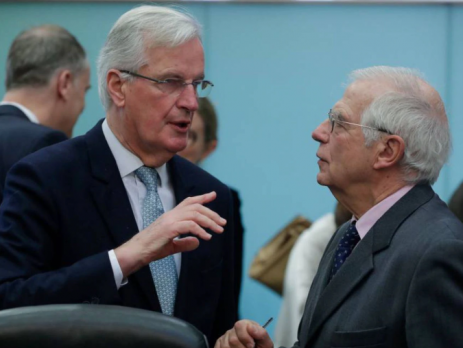
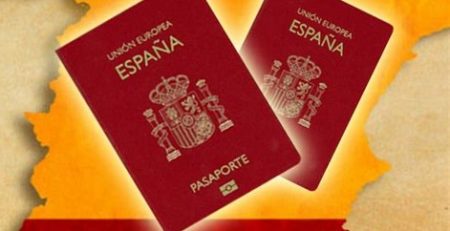
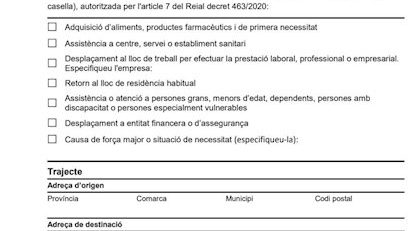


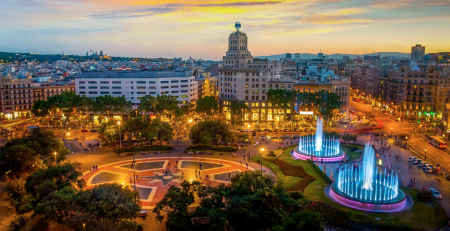
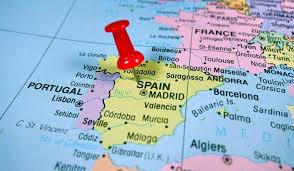




Leave a Reply